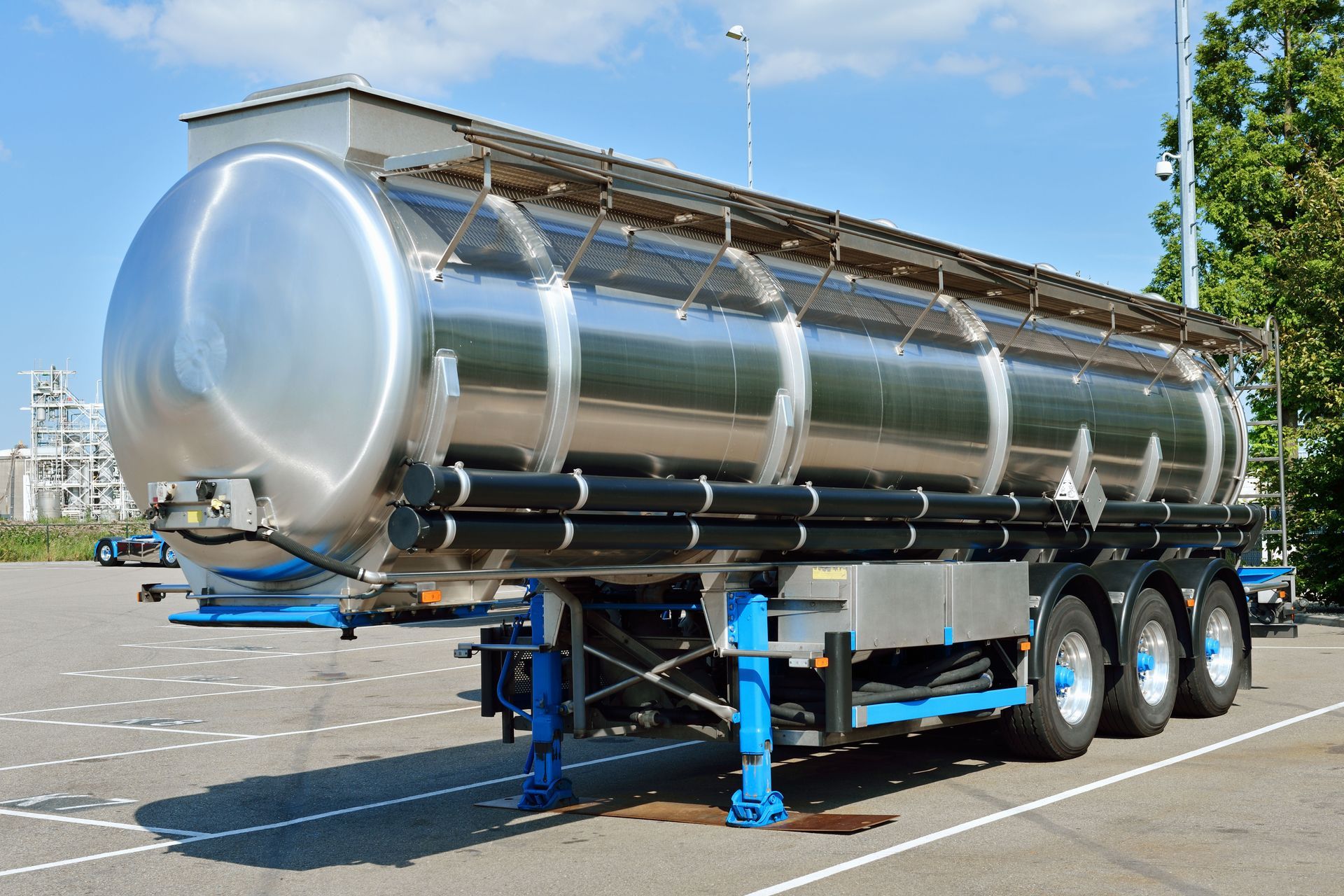3 Predictions About Heating Oils and Liquid Fuels
In the ever-evolving landscape of energy, heating oils and liquid fuels continue to play a crucial role in global energy dynamics. In this blog post, we delve into several compelling predictions about the trajectory of liquid fuels, exploring their production, consumption, and the innovations that might shape their future. Understanding these trends is essential for industries, policymakers, and consumers who rely on these fuels for heating and energy production.
1. Growth in Production, Demand, and Economic Impacts
The production of liquid fuels is on a notable uptick. According to the U.S. Energy Information Administration, worldwide liquid fuel production was set to grow by 1.4 million barrels per day (b/d) in 2023. This growth signifies both an increase in demand and advancements in extraction technologies, making it critical for stakeholders to understand the implications. Countries rich in fossil fuel resources might see an economic boost, yet it also underscores the importance of managing environmental impacts effectively. Additionally, the expansion of refining processes has contributed to improved efficiency in heating oils, allowing for better performance and reduced emissions.
2. Regulatory Changes, Sustainability, and Consumer Preferences
Shifts in consumer preferences and regulatory frameworks are accelerating changes in the liquid fuels sector. There is a growing push toward more eco-friendly fuel alternatives, driven by both policy mandates and consumer demand for sustainable options. As a result, oil companies are increasingly investing in research and development to produce cleaner-burning fuels. This transition not only has the potential to reduce carbon emissions substantially but also to redefine market dynamics as regions attempt to comply with international environmental agreements.
3. Technological Advancements, Efficiency, and Future Innovations
Technology also plays a pivotal role in the future of liquid fuels. Innovations in refining and carbon capture could make traditional fuels cleaner and more efficient. There is also a burgeoning interest in biofuels and synthetic fuels as viable alternatives. These tech-driven changes could redefine the energy landscape, offering new opportunities for investment and expansion while contributing to energy security and sustainability goals. Smart heating systems and energy-efficient burners are further optimizing the use of heating oils, helping consumers reduce costs and environmental impact.
The landscape for liquid fuels is poised for transformation. Adaptive strategies that embrace sustainability, innovation, and efficiency will be key in navigating this evolving terrain, ensuring energy resilience for the future. Contact our team at Mystic Fuel today to get connected with our oil services.







Share On: